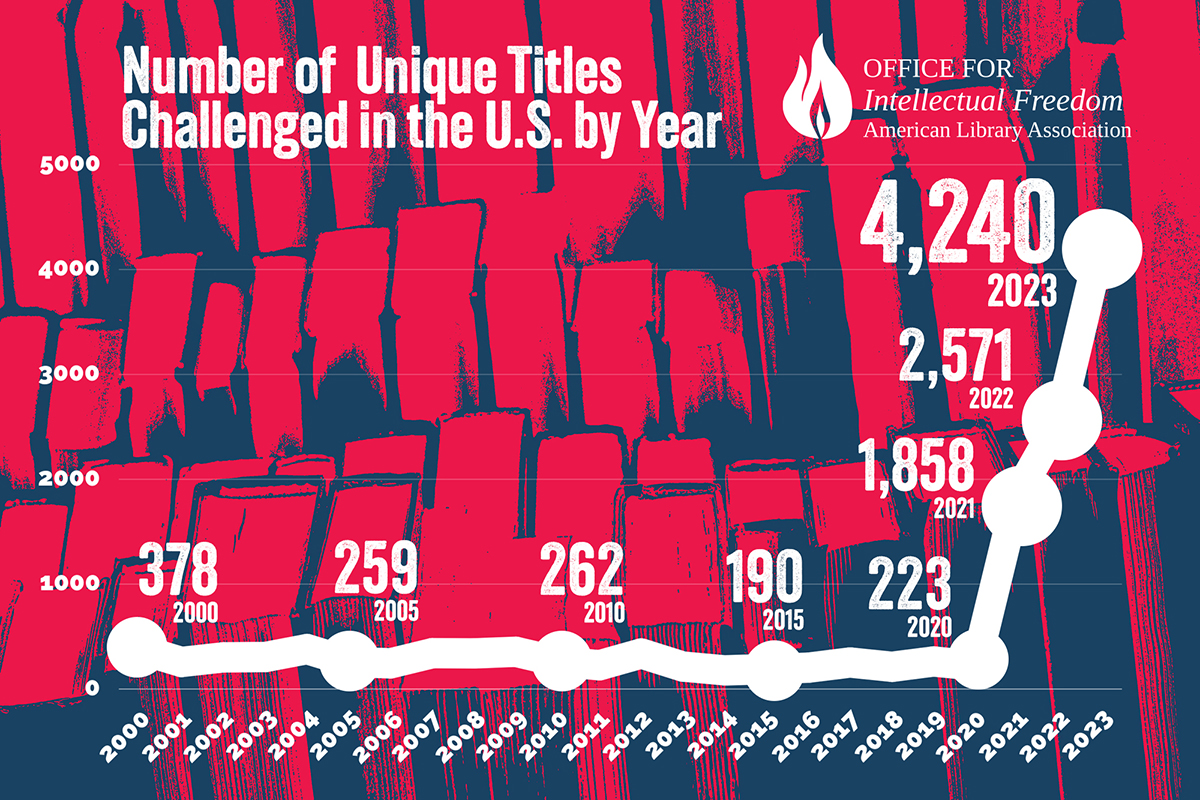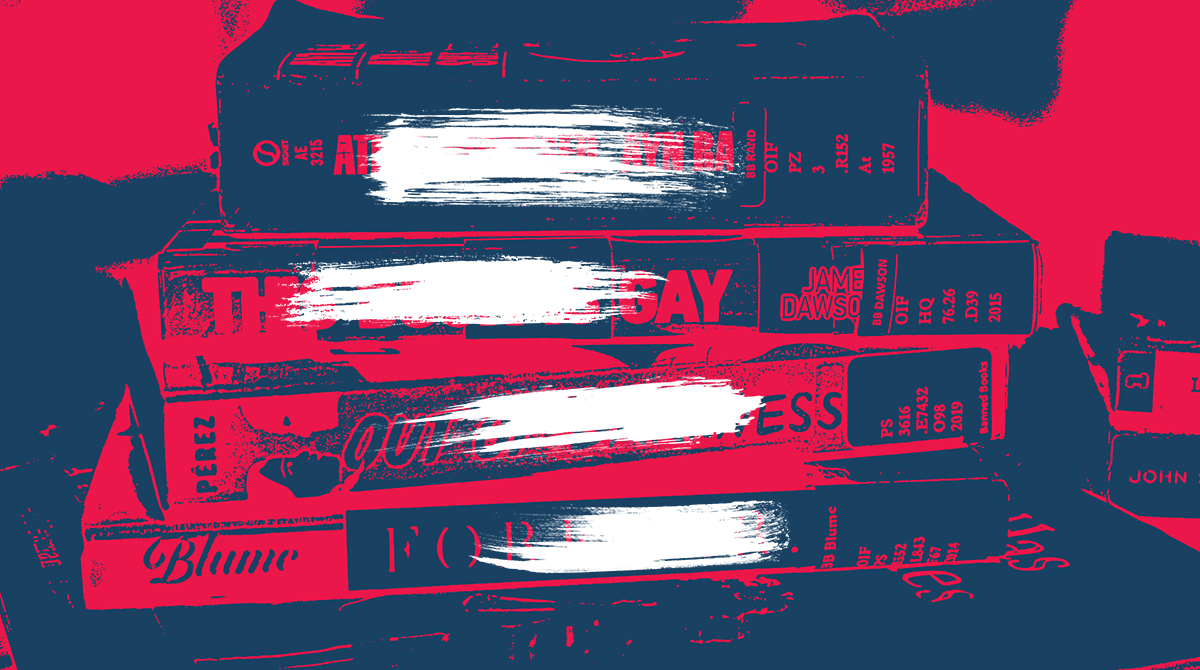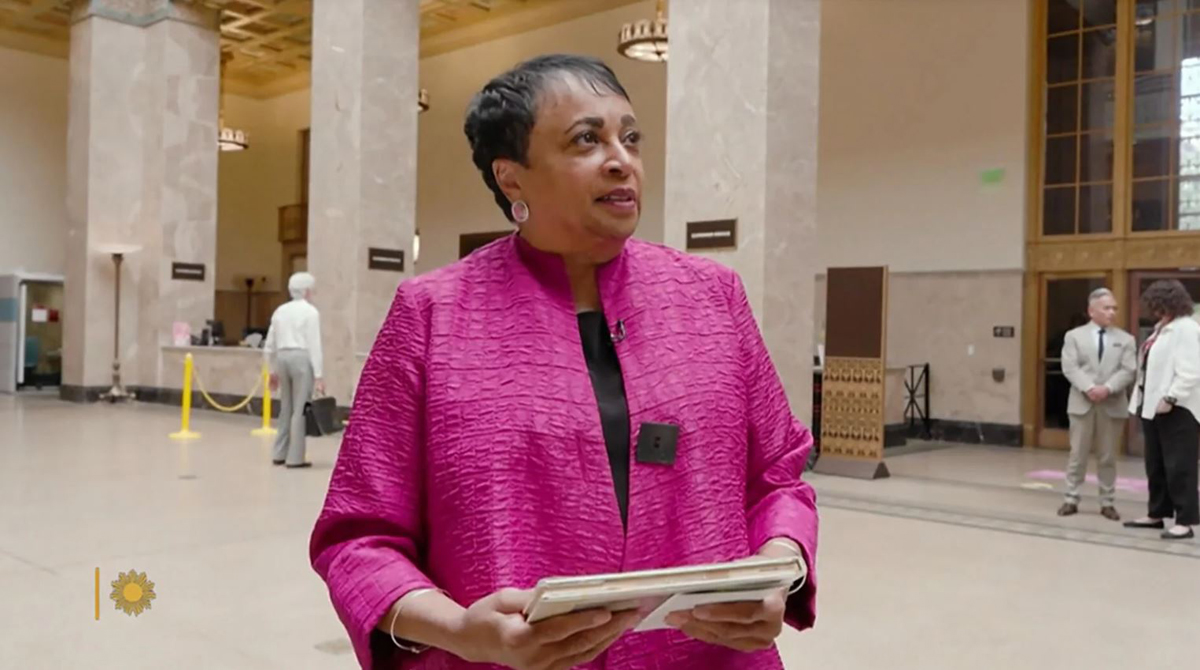The number of book titles targeted for censorship surged 65% in 2023, according to new data released Thursday by the American Library Association’s (ALA) Office for Intellectual Freedom (OIF).
Censors challenged a record 4,240 unique book titles in schools and libraries last year, shattering 2022’s previous record of 2,571 unique titles. Those challenged titles make up 1,247 separate demands to censor library books, materials, and resources in 2023.
17 different states, including Colorado, Idaho, Ohio, and Virginia, each saw attempts to censor more than 100 titles. Florida and Texas alone saw a combined 4,142 titles challenged as part of 82 separate attempts to censor library materials, evidencing a recent trend of challenging multiple titles-often dozens or hundreds-simultaneously. Many challenges go unreported to OIF, and the 2023 data likely only represents a fraction of actual censorship numbers.
“The reports from librarians and educators in the field make it clear that the organized campaigns to ban books aren’t over, and that we must all stand together to preserve our right to choose what we read,” said OIF director Deborah Caldwell-Stone. “Each demand to ban a book is a demand to deny each person’s constitutionally protected right to choose and read books that raise important issues and lift up the voices of those who are often silenced.”
 The number of unique titles challenged in the U.S. has spiked over the last three years, in large part to bulk challenges to multiple titles simultaneously by groups and individuals.
The number of unique titles challenged in the U.S. has spiked over the last three years, in large part to bulk challenges to multiple titles simultaneously by groups and individuals.
Censors’ focus turns to public libraries
Pressure groups, including partisan advocacy organizations, directed more attention to public libraries in addition to targeting schools and school libraries. The number of titles challenged in public libraries shot up by 92% over the previous year-a result of groups and individuals who had previously targeted materials in school libraries now demanding the same titles be removed or restricted in bulk at their public library.
A consistent theme in the censorship of books in schools and libraries is the disproportionate targeting of titles representing the voices and lived experiences of LGBTQIA+ and BIPOC individuals. In 2023, those titles account for nearly half of all challenged books.
“The books being targeted again focus on LGBTQ+ and people of color,” said ALA President Emily Drabinski. “Our communities and our country are stronger because of diversity. Libraries that reflect their communities’ diversity promote learning and empathy that some people want to hide or eliminate.”
Advocates rally to unite against book bans
In response to the initial swell of censorship that began surging two years ago, ALA and a coalition of publishers and organizations launched Unite Against Book Bans in 2021, a national initiative that provides free tools to help readers fight censorship in their communities. The website features an array of resources, including a guide to speaking at library and school board meetings, voter resources, and a newly created suite of “Book Résumés” that detail the significance and literary value of various challenged titles.
“By joining initiatives like Unite Against Book Bans and other organizations that support libraries and schools, we can end this attack on essential community institutions and our civil liberties,” Caldwell-Stone said.
On April 8-Right to Read Day and the start of National Library Week-ALA will unveil the list of the top 10 most challenged books in the U.S. of 2023. Last year’s list included Gender Queer: A Memoir by Maia Kobabe, All Boys Aren’t Blue by George M. Johnson, and The Bluest Eye by Nobel laureate Toni Morrison.
To get involved and support libraries in the battle against book bans, check out our Fight Censorship page.




